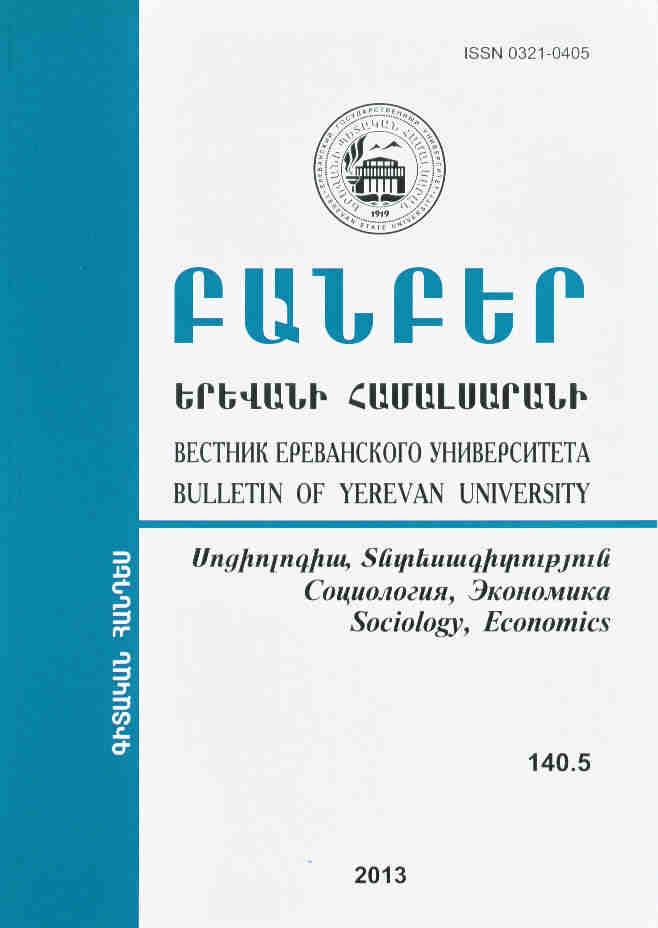The Role of Violence in Formation of Armed Forces as a Social Institution and Interpretation of Civil-Military Relations
DOI:
https://doi.org/10.46991/BYSU:F/2013.4.2.022Abstract
The article seeks to identify social theories addressing direct conjunction between the violence and development of state-building process. The violence in its organized form is perceived both as a driving force of state-building process and as land marking characteristic of state. The state permanently fights out the “right of violence” from hands of other social groups and promotes a proper mechanism to hold that during the entire social history. However, based on historical experience it becomes obvious that monopolization of the organized violence even by the state itself can be dangerous for the society, hindering development, and bringing to consolidation of violent force into the hands of “wrong” elites. Thus, it should be delegated to special law enforcement institutions (like armed forces and police) having necessary skills, structure and functional capacities, in order to avoid seizure and manipulation of violence by out-of-law social groups, as well as creating productive mechanism of checks and balances between civilian and military components of the state and society.
Downloads
Published
How to Cite
Issue
Section
License
Copyright (c) 2013 Bulletin of Yerevan University

This work is licensed under a Creative Commons Attribution-NonCommercial 4.0 International License.








